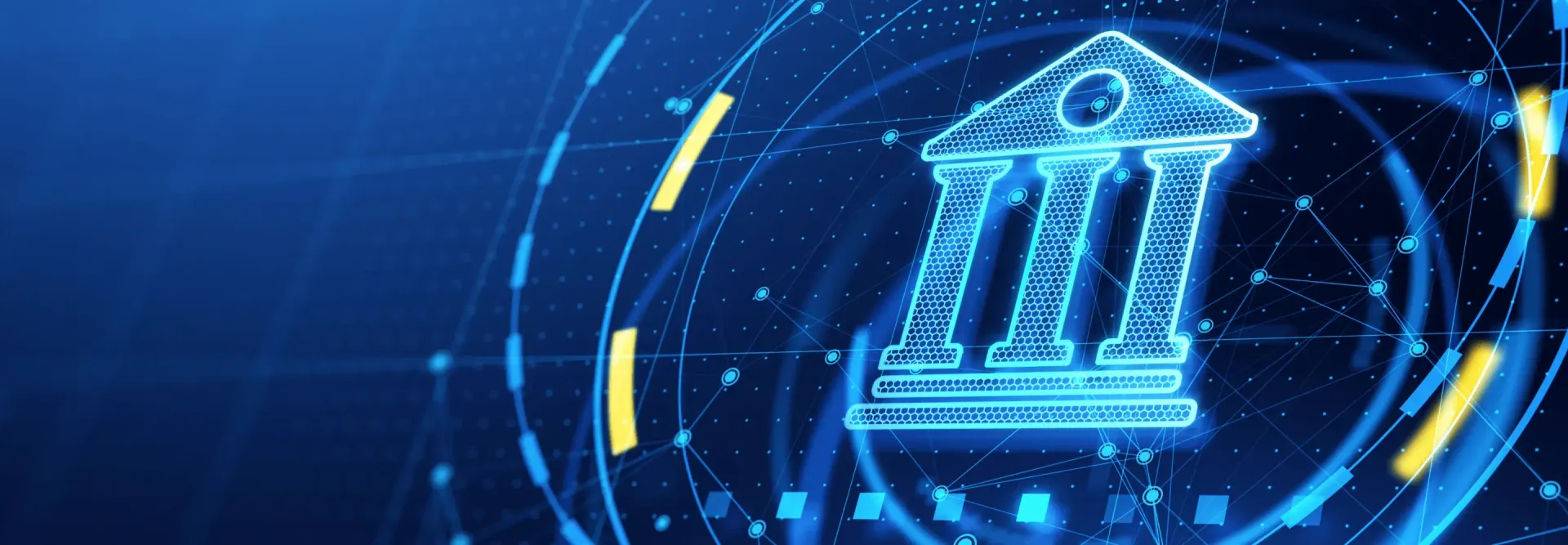Problem Solving
Alessio De Filippis • 7 September 2020
Searching for unexpected answers trough cross-pollination

If you are developing a new airplane, try to ask insights to a musician. Exiting from the usual path can be worthwhile.
During my professional career, I have supported endups and startups, in different countries, influenced by different cultures and approaches, competitive environments and organization cultures. Sometimes more visionary enterprises sometimes less. Sometimes very professional and focused on planning and executions, sometimes very agile (and anarchic). I’ve collaborated with high-tech and traditional businesses.
Usually I’ve been involved in projects because there is a problem to be solved, or a new opportunity to be caught, and now I’m firmly convinced that solutions are not always a mere issue of engaging a subject-matter expert.
During a speech for TEDXNASA, Stephen Shapiro
highlighted that “If you’re working on an aerospace challenge, and you have 100 aerospace engineers working on it, the 101st aerospace engineer is not going to make that much of a difference. But you add a biologist, or a nanotechnologist, or a musician, and maybe now you have something fundamentally different.”
When you are looking for the solutions to your business or technological issues, the usual approach consists in “Call an expert”. This is right but not always the best approach.
If you have an issue, probably is because common paths and frameworks are not enough. This doesn’t mean that usual approaches are wrong, they are the results of years of practical and academic work, the contribution of experienced consultants and so on. They are precious, but often there is potential in looking outside the usual areas.
This approach can lead to more creative solutions, to challenging ideas or questions, can be the opportunity to create game changer ideas and solutions.
It’s important to pinpoint that is not only a fancy way to feel more “smart” or “trendy”, it’s practical. You need a solution, you need new ideas, you need something that can be considered valuable for your business, asking for alternative perspectives can give something valuable.
For example, if you have an issue about your digital strategy or your digital architecture, first think to do is seeing what other organization have done in terms of digital evolution or transformation, what technology solution they have chosen etc. If you need answer, you start calling consultants or expert of digital transformation. That’s the usual path, but sometimes there is a potential in other opportunity windows, that you are not exploring. Try to ask to a biologist or an artist, sometimes a total different mindset can lead to new point of views new solutions and so on.
Try to ask about their experience in day job, what they think about your problem, try to boost an idea generation process. Sometimes can be useless, sometimes a sharing of different mindset can create unexpected and extraordinary new set of insights and opportunities. The time to be invested can be very profitable.
Engaging unlikely sources of ideas, their different perspectives can give you surprising answers, but also unexpected new questions, because they simply don’t know what are you talking about and they challenge you even while trying to understand. That’s a powerful training that challenge your most rooted certainties.
Usually, human instincts suggest to underestimate ideas generated by not expert, the resistance is logic but counter-productive and can leads to a loss of opportunities.
The more the challenge is unexpected and complex, the more the alternative contribution can be worthwhile.
Moving into unexplored territories, with no preconceptions, is a longtime investment, with significant effort, but can leads to amazing surprises.
To Learn More:
- Simple Ways to Spot Unknown Unknowns, Dorie Clark, Harvard Business Review
by Alessio De Filippis, Founder and Cheif Executive Officer @ Libentium.
Founder and Partner of Libentium, developing projects mainly focused on Marketing and Sales innovations for different type of organizations (Multinationals, SMEs, - Start-ups).
Cross-industry experience: Media, TLC, Oil & Gas, Leisure & Travel, Biotech, ICT.











